As the student population at Whitworth continues to increase in diversity, a wider range of religious identities have become present. One such group are the Muslim students on campus, who are still a very small minority. Along with potential culture shock and adjusting to Christian teachings within an academic setting, Muslim students also face stereotypes surrounding their religion.
Momina Khurram, a sophomore from Pakistan, said she didn’t think much about attending a Christian school but was focused on education and financial aid. However, she soon realized that her religious identity seemed to play a significant role at Whitworth.
“When I came here I realized that religion is a big thing for people. People think of Christianity a lot and as if this is the only right way, and forget about other religions,” said Khurram.
Khurram said she was hesitant and wary about stereotypes during her first year at Whitworth, but has recently tried to be more open about it. While she has felt welcomed and supported by many, she also struggles with people confining her to her religious identity. Often times, people question her religion if they think her actions don’t allign with the Muslim faith they understand.
Choosing to attend a Christian university as a Muslim student may seem puzzling to some, but Abdalla Mohamed, a first-year from Palestine, said, “Whitworth is a university that cherishes faith, and that’s something I cherish myself, just with a different faith.”
“It’s the same concept of the same core, of believing in God and doing good, and that’s something I wanted to keep doing even in my college life outside of my country. That’s something I saw Whitworth do, which was one of the main reasons that I chose Whitworth,” said Mohamed.
Samsur Shahid, a first-year from Lesotho, has attended Christian schools her whole life.
“I’ve always been on a Christian campus, from childhood. But the difference between back home and here was that everybody knew about Islam. And here, only a few people do,” said Shahid.
Shahid is one of the few students on campus that wears a hijab. This public display of faith is a personal decision from her own religious journey, but can bring a lot of unwanted attention.
“I definitely get a lot of stares,” said Shahid. “It’s sometimes really, really scary. I walk into the HUB and it’s just like I grab attention, and I never have liked attention.”
In our post 9/11 world, the Muslim faith has been under close scrutiny and is often approached with fear. However, this sometimes leads to misunderstandings and assumptions about the religion. Khurram said she thinks many students and professors lack education and awareness on the topic, and has experienced many instances of insensitivity towards her faith, even if unintentional.
“Everybody is a human before we put on all of these religious [labels] or any kind of labels,” said Khurram.
On the other hand, all three students affirm that they have also had positive and unique experiences that stem from their religious identity. Mohamed, who lives in McMillan Hall, enjoys “being different” and sharing with fellow residents.
“My difference in faith allows for a lot of interesting and engaging conversations,” said Mohamed.
Genuine curiosity about their faith is appreciated, although sometimes it is tiring and frustrating, said Shahid. She often experiences awkward interactions, where people stare and obviously want to ask her questions, but are unsure of how to approach the topic.
“They should ignore the fact that I am Muslim and be comfortable to approach me. I mean, just the way they would approach a Christian student,” said Shahid.
Lulú Gonzalez, the Assistant Director of the Office of Student Diversity, Equity & Inclusion, works closely with international students and looks for ways to support all students of different faiths.
Gonzalez expressed concern about the spiritual growth of students from different religions on campus, because it’s hard to grow without a faith community or few resources. To support these students, she invites them to different faith institutions off campus, such as the Buddhist temple or the Islamic Center.
In regards to on campus resources, the new Seeley G. Mudd Chapel has a designated prayer room with a prayer rug and journals for students of any faith to come use.
“Everyone’s welcome to this chapel,” said Mama Beans, the Associate Chaplain for Diversity Equity & Inclusion Ministry. “Not everyone will feel comfortable in a space that’s different, but we are always welcoming to every student that comes into this sanctuary and we’re always open to hear other students’ perspectives of their faith.”
Students are welcome to come have conversations with different staff members within the chapel. Mama Beans has what she calls “courageous conversations” with students of different religions. She sees this dialogue as a way to listen, engage and understand their faith, as well as an opportunity to share her Christian perspective.
“I always tell my students that at the end of the day we may not agree with each other on faith, but they know my motto when they come in my office: I give them love, hugs, chocolate, tissue, and my truth,” said Mama Beans. “So that’s what I do, it stops me from being closed minded. I love hearing different perspectives of people’s faiths.”
While Whitworth is a faith-based institution with a Christian mission, there have been steps made to support students of different religions. For example, the dining hall provided take-out boxes for students who participated in Ramadan so they could have something to eat after they broke their fasting.
“I think we’re making a lot of improvements and working hard on all areas of diversity, equity and inclusion, but I think we have a lot of room for improvement,” said Gonzalez. “The more people we bring [from different backgrounds], the less people will fear difference.”
Interfaith dialogue is becoming an increasingly emphasized skill as miscommunication, or even a lack of communication, across cultures and religions is gaining more attention and awareness. As Whitworth continues to grow, our community must engage in the process of learning to balance these different identities at our institution.

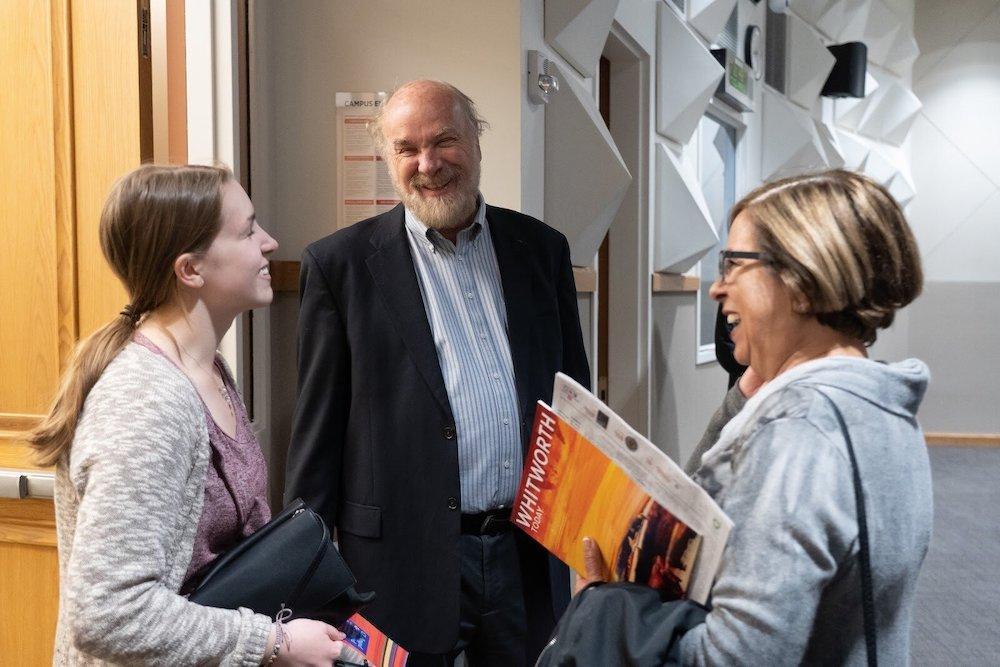
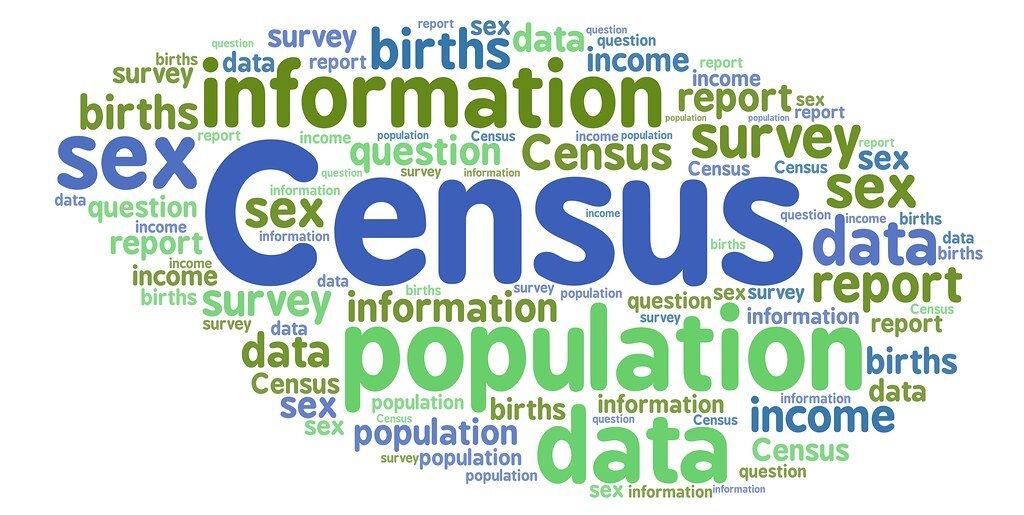
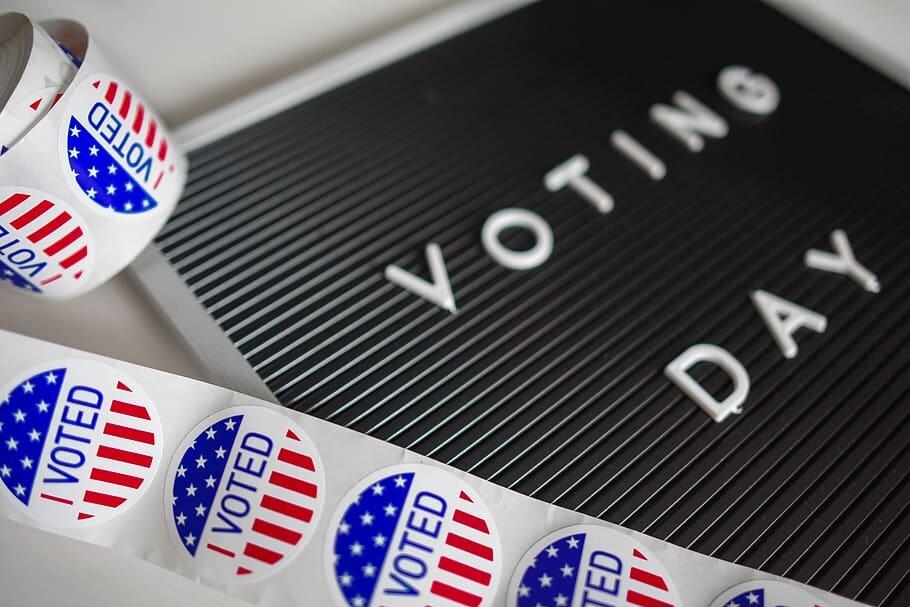







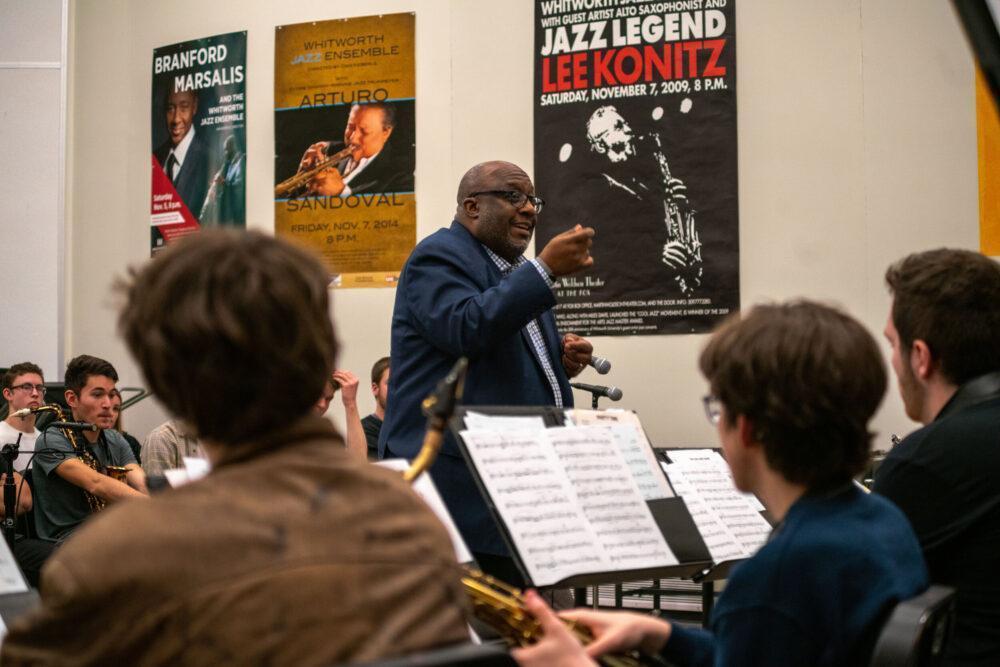
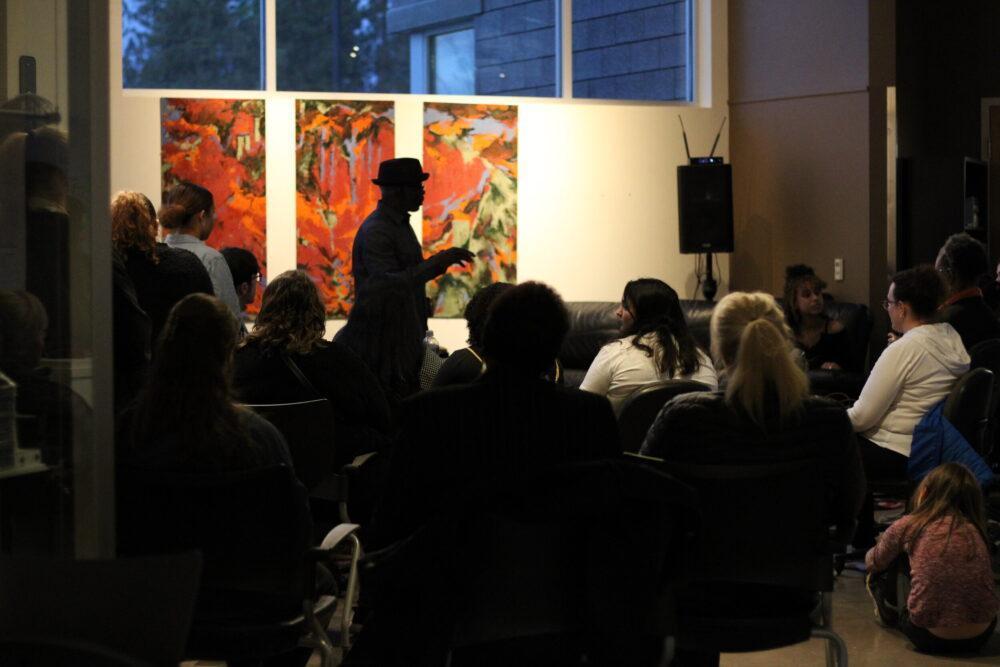
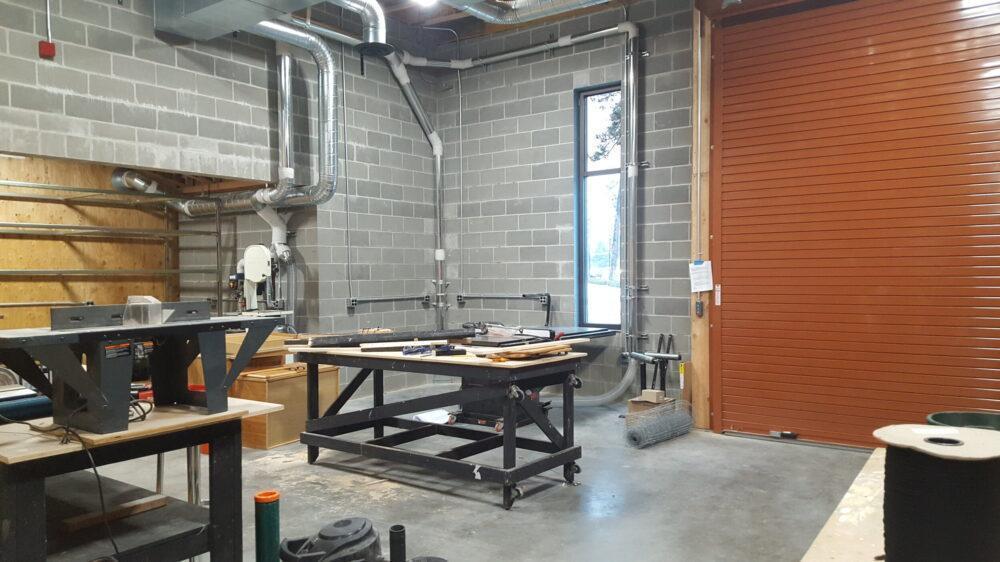
 Spokane?
Spokane?